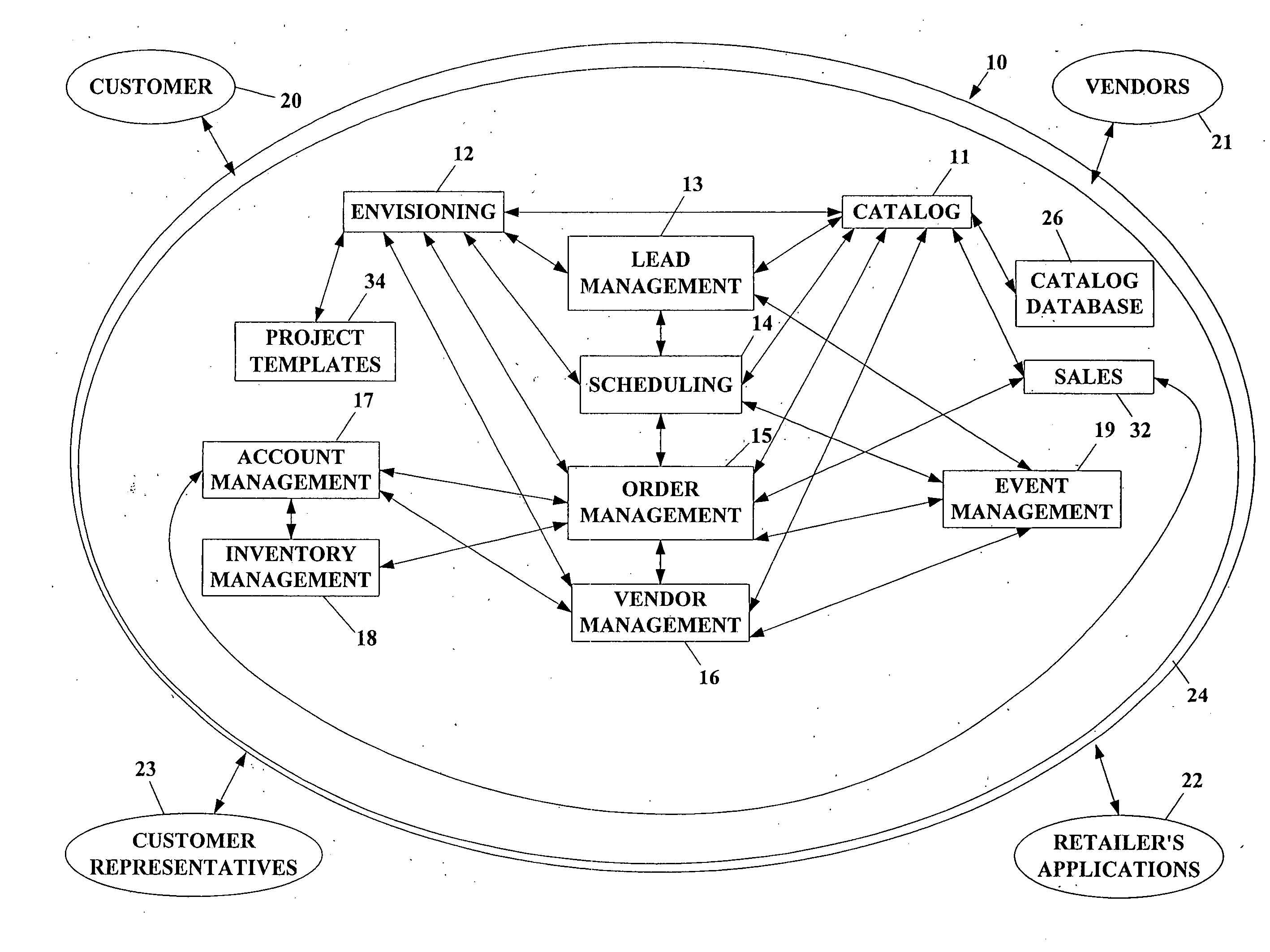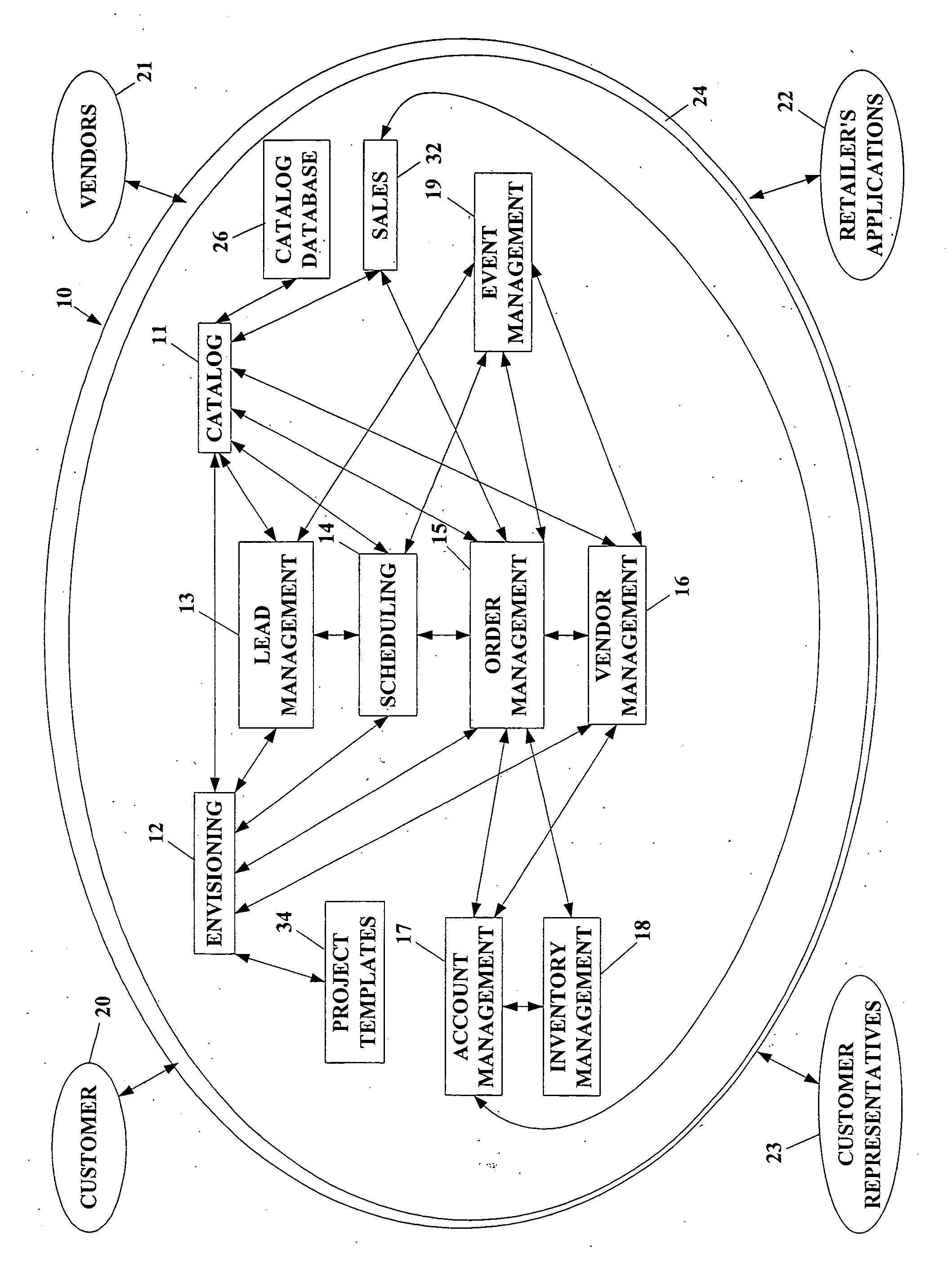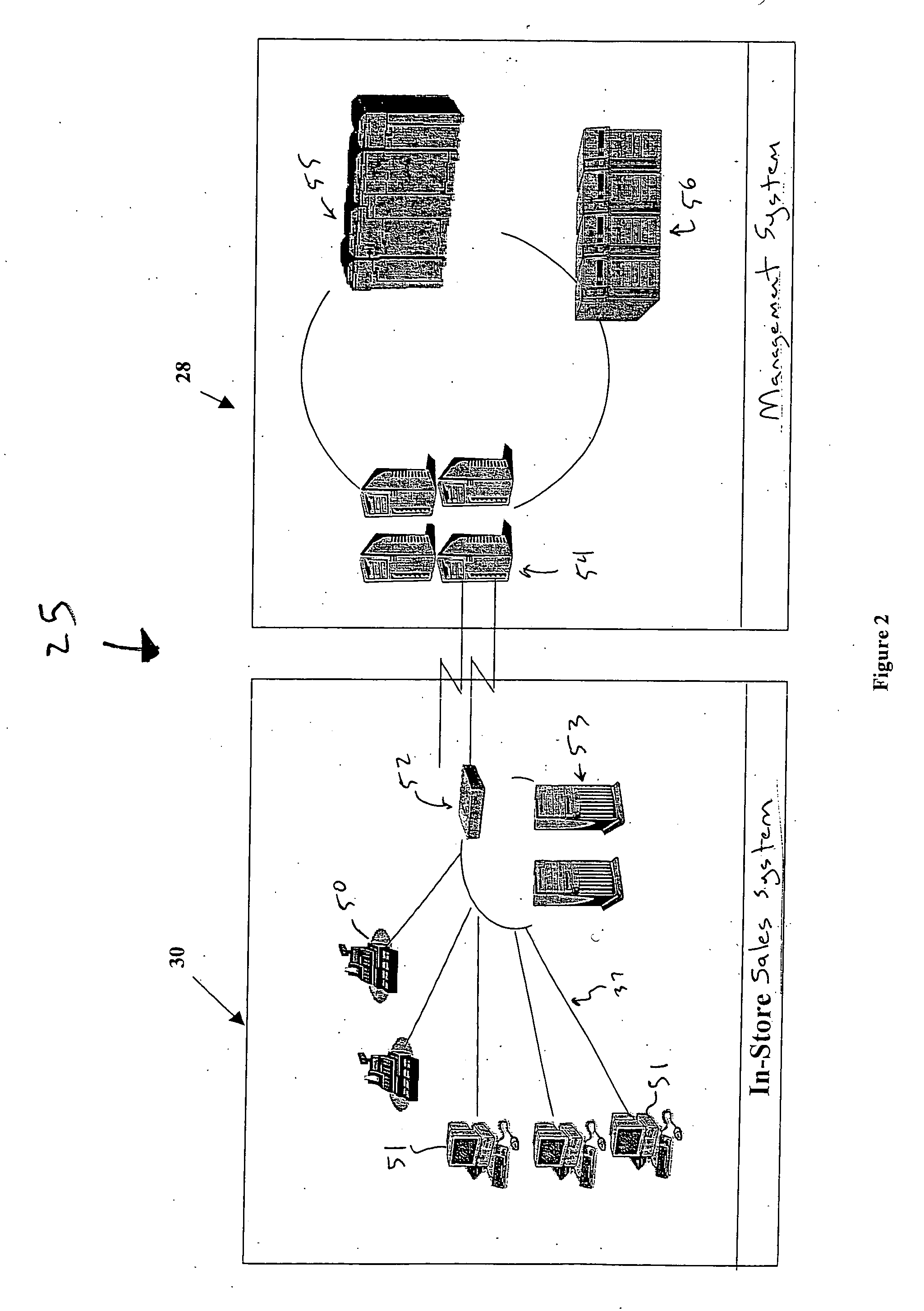Moreover, delivery and / or installation of purchased products present separate, but often desired or necessary tasks, particularly for customers looking for a
turnkey solution.
Inefficiencies in the implementation of these tasks can be detrimental to the financial performance of a retailer's business, including errors in
product selection and ordering, excess inventory costs, lost sales, and customer dissatisfaction, just to name a few.
Further, ineffective or inefficient execution of these tasks impacts a retailer's ability to keep up with changing demands of the marketplace, all of which results in lost sales and lost opportunities.
Since different individuals and / or departments within a retailer implement many of these tasks, it can be difficult to manage the implementation of these various tasks so as to insure that the tasks are completed timely and accurately, and in the most cost effective manner.
These tasks (or the problems created by ineffective and / or inefficient execution of them) are common to retailers in a variety of fields or markets, including
consumer electronics, household appliances, furniture, clothing, sporting equipment, motorized vehicles, toys and playground equipment, groceries, and
home improvement.
Often, not all of the desired products are in stock at a particular
home improvement store and vendors (either through catalogs, Internet, etc.) must be consulted, which is often a tedious process inasmuch as such secondary sources may not have sufficient details to visualize the expected result.
It is typically not acceptable that all items are delivered at once or in a random, drawn out fashion.
In addition to the difficulties of planning and designing the project, and selecting the necessary materials and products, the homeowner is also typically concerned about the overall cost of the project.
The cost of each
home improvement project includes not only the cost of materials, tools, appliances, accessories, etc., but also the delivery and installation of these items.
Installation costs are difficult to estimate due to the need to contact multiple contractors, the reliability of which may be unknown to the customer.
Further, the planning and design of, and selection of products for, the home improvement project may need to be modified if the overall cost of the project exceeds the amount budgeted by the customer.
Ineffective and / or inefficient management of these tasks can result in lost sales opportunities, returns, etc., which can adversely affect the profitability of the retailer.
Although Heisler addresses some of the needs of the customer and retailer and, in particular, assisting the customer with the design of the home improvement project, Heisler fails to provide an integrated solution and, more specifically, it fails to address a number of the tasks involved with facilitating the sale, including coordination of installation services for those customers not wanting to install the project themselves, scheduling, billing, vendor payments and
inventory management for the retailer.
In addition, Heisler does not provide for interaction with sales persons, contractors and other parties with important knowledge that may improve the design and selection tasks.
With these and other steps not facilitated, the customer is still required to carry most of the design to execution with little assistance and the retailer is still required to coordinate all of its procurement, billing, vendor
payment and customer management tasks.
Similar problems affect customers and retailers in other fields, including
consumer electronics, household appliances, furniture, clothing, sporting equipment, toys and playground equipment, groceries, and motorized vehicles, just to name a few.
 Login to View More
Login to View More  Login to View More
Login to View More 


